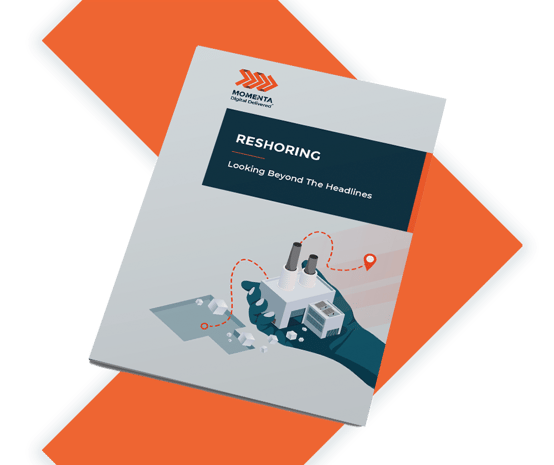Reshoring has become the emerging mantra. Supply chain challenges have outweighed the allure of offshoring's original value proposition, i.e., low wages, tax advantages, and other cost savings. With supply chain disruptions being the major growth impediment in the United States and Europe, an increasing number of companies are considering relocating their production and manufacturing facilities back home.
With Covid-19 taking hold of the world in 2020 and the resulting disruption to the manufacturing industry, manufacturers are looking to make significant changes to their operations. Before the pandemic, manufacturers were already dealing with increasing disruptions due to trade wars, epidemics, and material shortages. Hoping to avoid future supply chain disruptions, manufacturers evaluate the pros and cons of bringing their production and manufacturing home.
What are the benefits and challenges of reshoring?
Can open-source, Industry 4.0, the gig economy, and sharing economy models accelerate reshoring manufacturing without breaking the bank? This paper examines:
Looking Beyond the Headlines
- State of Manufacturing
- The Push to Reshore
- Reshoring pre-Covid
- Benefits for Reshoring
Reshoring and ESG
- Environment
- Social
- Governance
Reshoring enabled by
- Technology
- Business models
- Ecosystems

